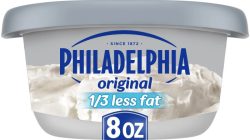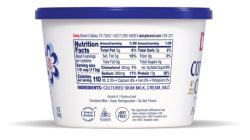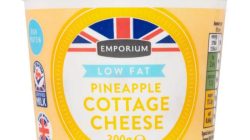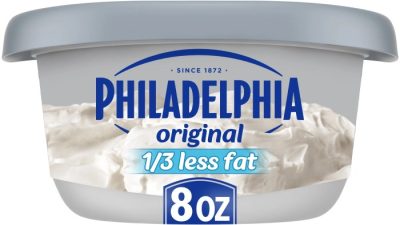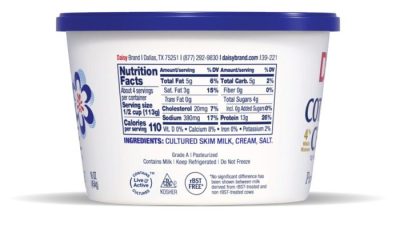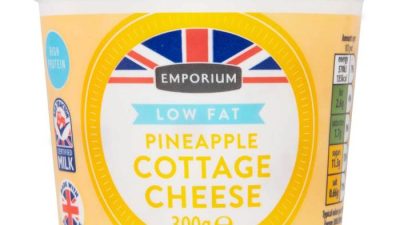Ingredient Analysis
Little caesar cheese pizza nutrition facts – Little Caesar’s cheese pizza, a staple of quick and affordable meals, contains a blend of ingredients that contribute to its characteristic taste and texture. Understanding these ingredients, their potential impact on health, and the presence of additives is crucial for informed consumer choices. This analysis delves into the composition of a Little Caesar’s cheese pizza, examining its components and their potential effects.
Crust Ingredients
The pizza crust forms the base of the dish, providing structure and a foundation for the toppings. The exact recipe varies slightly depending on location and production batch, but generally, it includes enriched flour (wheat flour, malted barley flour, niacin, reduced iron, thiamine mononitrate, riboflavin, folic acid), water, yeast, sugar, vegetable oil, salt, and dough conditioners. These dough conditioners often include enzymes and emulsifiers to improve the dough’s texture and processing.
The use of enriched flour provides additional vitamins and minerals compared to using plain flour alone. The inclusion of sugar contributes to browning and flavor development during baking.
Cheese, Little caesar cheese pizza nutrition facts
The cheese component is a significant part of the pizza’s appeal. Little Caesar’s typically uses a blend of mozzarella and other cheeses, though the exact proportions and types are not always publicly disclosed. These cheeses contribute the creamy, salty, and slightly tangy notes associated with the pizza. It’s important to note that the cheese blend may contain milk solids, whey, and other dairy derivatives, posing potential issues for individuals with lactose intolerance.
Sauce
The pizza sauce adds a crucial element of flavor and moisture. The sauce is typically tomato-based, containing tomato paste, water, sugar, spices (such as oregano, basil, and garlic), salt, and often citric acid for acidity and preservation. The added sugar contributes to sweetness and enhances the overall taste. The use of citric acid acts as a preservative, extending the shelf life of the sauce.
Potential Allergens and Health Implications
Little Caesar’s cheese pizza contains several potential allergens. The most significant are wheat (in the crust), milk (in the cheese), and soy (potentially present in the dough conditioners or other ingredients). These allergens can trigger allergic reactions ranging from mild skin irritation to severe anaphylaxis in susceptible individuals. Individuals with known allergies should carefully check the ingredient list for specific details and exercise caution when consuming this pizza.
Additionally, the high sodium content of the pizza may pose health concerns for individuals with hypertension or other sodium-sensitive conditions.
Added Sugars, Preservatives, and Artificial Ingredients
The pizza contains added sugars in both the crust and sauce, contributing to its overall sweetness and flavor. Excessive sugar consumption is linked to various health issues, including weight gain, type 2 diabetes, and cardiovascular disease. Preservatives, such as citric acid in the sauce, are included to extend shelf life and maintain quality. While generally considered safe in moderate amounts, excessive consumption of preservatives may have long-term health consequences, though more research is needed to fully understand these effects.
The presence of artificial ingredients, though not explicitly stated in readily available nutritional information, is possible in some dough conditioners or flavor enhancers. Consumers concerned about artificial ingredients should contact Little Caesar’s directly for detailed ingredient information.
Top FAQs: Little Caesar Cheese Pizza Nutrition Facts
Is Little Caesar’s cheese pizza a good source of protein?
While it does contain some protein, it’s not a primary source. The protein content is relatively low compared to the overall calorie count.
Are there vegetarian options besides the cheese pizza at Little Caesar’s?
Yes, Little Caesar’s offers other vegetarian pizza options depending on location and availability. Check their menu for current offerings.
How does the sodium content of Little Caesar’s pizza compare to homemade pizza?
Generally, commercially prepared pizzas like Little Caesar’s have a higher sodium content than homemade versions due to added preservatives and flavor enhancers.
Can I order a Little Caesar’s pizza with a gluten-free crust?
Currently, Little Caesar’s does not offer a gluten-free crust option for their pizzas.
My dear ones, understanding the nutritional content of our beloved pizza is key to mindful eating. Little Caesar’s cheese pizza, a favorite for many, has its own specific nutritional profile. To gain a broader perspective on the nutritional makeup of a typical cheese pizza slice, I encourage you to explore this insightful resource: nutrition facts cheese pizza slice.
Returning to Little Caesar’s, remember that portion control and balance are essential for a healthy lifestyle, even with our cherished pizzas.


